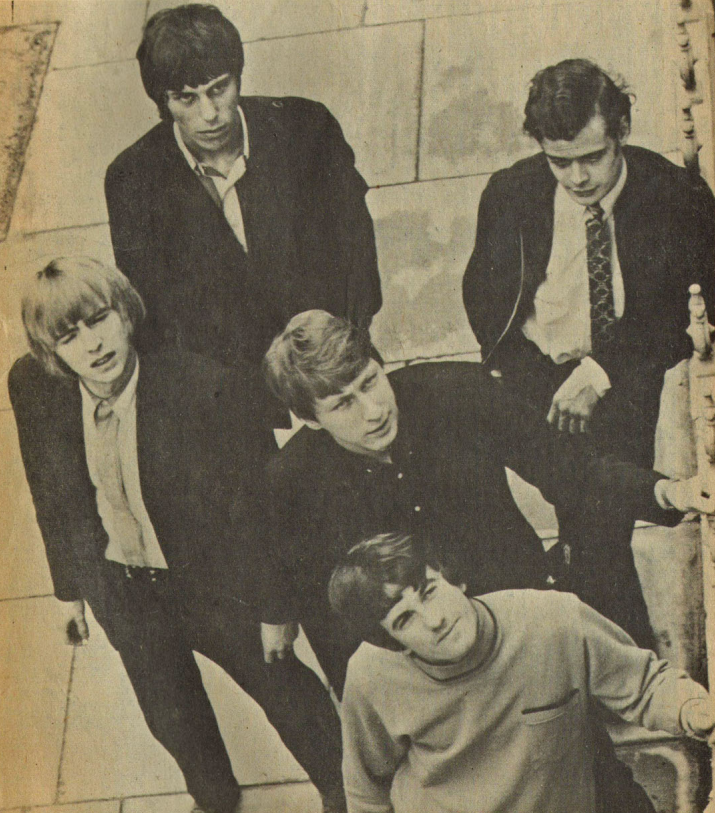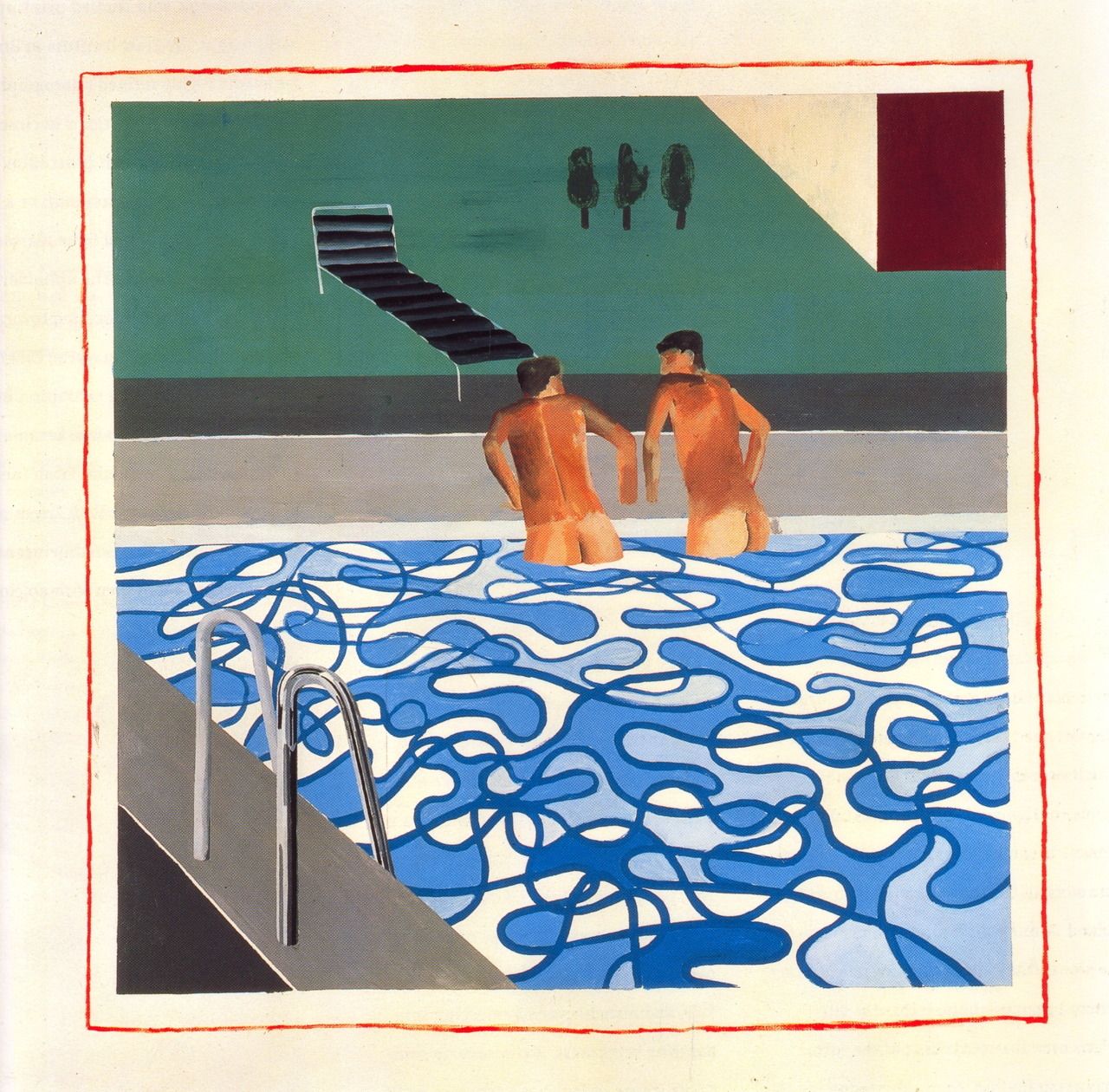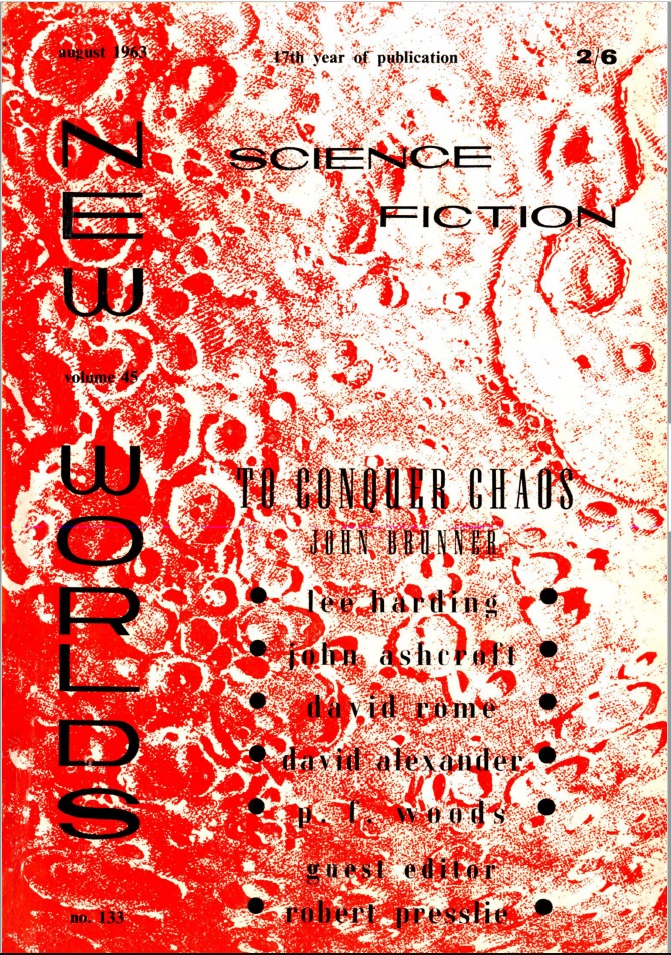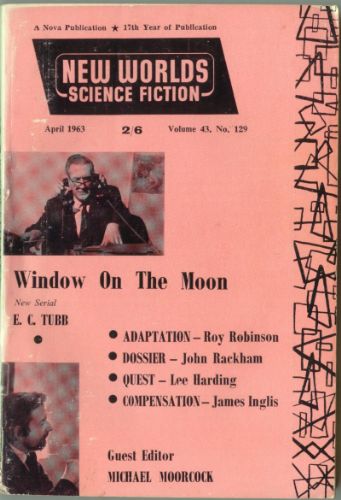
by Mx. Kris Vyas-Myall
A Holiday From Politics
With Parliament in recess, most of the politics today involces sniping backwards and forwards between Mr. Wilson and Mr. Heath from their holiday destination. So I am going to take a break from Parliament for a while to celebrate some of the great culture coming out from Britain right now.

British cinema continues to produce a variety of different pieces whether they be period comedies like Those Magnificent Men in Their Flying Machines, serious dramas like The Hill, science fiction like Dr Who and the Daleks, or the controversial The Knack …and How to Get It.

Launched just last year, BBC2 is already proving its worth as a channel, where we currently have a rerun of last year's fabulous version of The Count of Monte Cristo and a modernisation of Theseus and the Minotaur, The Legend of Death. The best looks to come however with Irene Shrubik producing a new followup series to Out of this World for the channel, Out of The Unknown.

A lot of new bands now seem to be more willing to experiment with complex sounds. The Yardbirds are the most visible example of this, but there are others coming on the scene such as Rey Anton and the Peppermint Men and The Pretty Things.

The Royal Shakespeare company continue to produce innovative plays, with two young radio playwrights, Clive Barker and David Wright, creating Strike!. A play that will explore the years between the end of the First World War and the General Strike using film, music and dance of the time.

This year will mark the first time a female artist is to get a large scale retrospective at the Royal Academy with around 260 pieces by the trailblazing Dame Laura Knight to be on display.

Whilst contemporaneously Pop Art is all the rage. With David Hockney as a leading figure, but other such as Eduardo Paolozzi, Richard Hamilton and Peter Blake, still being much buzzed about.
Best of British
And, at last, the book review at the heart of this article.
British science fiction and fantasy is going through something of a renaissance right now. With New Worlds and Science Fantasy going monthly, New Writings remaining quarterly and other anthologies like The Fourth Ghost Book and Weird Shadows from Beyond coming out, I believe we may have more SFF short fiction coming out than ever before.
Thankfully this does not seem to have resulted in poor quality publications, with the most recent New Writings being one of the best anthologies I have read.
New Writings in SF5 ed. by John Carnell

We are now on to the second year of these quarterly anthologies and this marks a slight uptick in quality. Whilst the authors are still a combination of Carnell’s old favourites and some new hands to the British magazine, there are no reprints this time around and it feels like there is a willingness to push the boundaries a little more and publish fewer old fashioned problem stories.
Potential by Donald Malcolm
In the opening story, John Edward Maxwell, director of D.R.E.A.M. (Dream Research Establishment) in London, is conducting research to discover whether increasing the quantity of dreaming did indeed increase the volunteers’ mental ability to work better. However, the dreams of one of the volunteers, MacLean, seem to contain strange mathematical formula and Maxwell wants to find out why.
This is a good mix of solid science fiction and the more experimental touches of the new wave. Whilst it does meander a little in the middle the story is engaging and the ending is a very interesting choice.
Four Stars
The Liberators by Lee Harding
Long ago a machine called The City was determined to do everything it could to ensure the survival of the race that once inhabited it, and those dreamers inside had come to believe that their only purpose was to serve the machine. Then, one day, from outside came a being called The Poet, who convinced them there could be another way…
This is a truly staggering story told in a fractured non-linear style. Lee Harding manages to evoke an amazing atmosphere through his use of lyrical prose. Right from the first sentence:
“They tumbled blindly through the endless twilight of the tunnel under The World, pallid little creatures with faces like a polished pebbles washed smooth by time, and pursued by a growing sense of guilt.”
I was absolutely enraptured. The first classic to come out of the New Writings collections.
Five Stars
Takeover Bid by John Baxter
Bill Fraser is brought in to investigate what has gone wrong with a new force field test that has apparently destroyed the mind of the test subject. Throughout this story we get an interesting investigation that sets up a really fascinating problem and asks a lot of philosophical question. What could be a really pedestrian idea, Baxter manages to make something new.
On particularly notable feature that raises this up is the presence of Col. Talura. He is a member of the Arunta people, and marks the first instance I can recall reading of an Aboriginal Australian who is not shown as a stereotype.
Four Stars
Acclimatization by David Stringer
It wouldn’t be a British science fiction publication without a story from Keith Roberts! Thankfully this one is better than the last under this pseudonym. In this piece we largely follow the thoughts of one man, Gerry, a spacer who is suffering from melancholy as he returns to Earth.
This is a really powerful piece about what the future of space exploration could look like to the people who take part in it. Simple idea beautifully done.
A strong four stars
The Expanding Man by R. W. Mackleworth
Algie Ryan encounters a man in park, who calls himself Smith, and they discuss Ryan’s encounter with another mysterious stranger.
I have read this a few times and I am not entirely sure what the point is meant to be. Mackleworth does it well but it feels a bit hollow, particularly compared to the strong stories that came before it.
Two stars.
Treasure Hunt by Joseph Green
Dr. Soames finds himself catapulted into a strange fairyland style environment, but a voice tells him he is merely a mental pattern implanted on another mind. Whoever has brought him there is told he is needed to find the fresh laid egg of a firebird, the most beautiful object in the galaxy.
This is a thoroughly readable blend of fantasy and science fiction which has interesting things to say about life and death.
Three Stars
Sunout by Eric C. Williams
Having appeared in the July New Worlds and the August Science Fantasy, Williams manages to complete the hat trick of the British SF field in a very short period of time.
In his longest piece to date, he produces a tale with a very literal title. A group of scientists discover the sun is going to go out very shortly. However, trying to get anyone in power to be willing to talk to them proves to be an immense challenge.
Combines two of the most recent trends in science fiction, the dark absurdist satire and apocalyptic fiction, rather well. This is no Doctor Strangelove but still likely to give you a grim chuckle nonetheless.
Three Stars
Outro
On the whole, the latest New Writings is an excellent anthology this time around. The first half is stronger than the second but, even then, there is only one vignette that did not work for me. Hopefully this upswing will continue and it can become the norm, not the exception.
And I'll see you later this month with another exciting anthology!
[Want to visit London of 1965? Don't miss this lovely tour prepared by Fellow Traveler, Fiona!]








